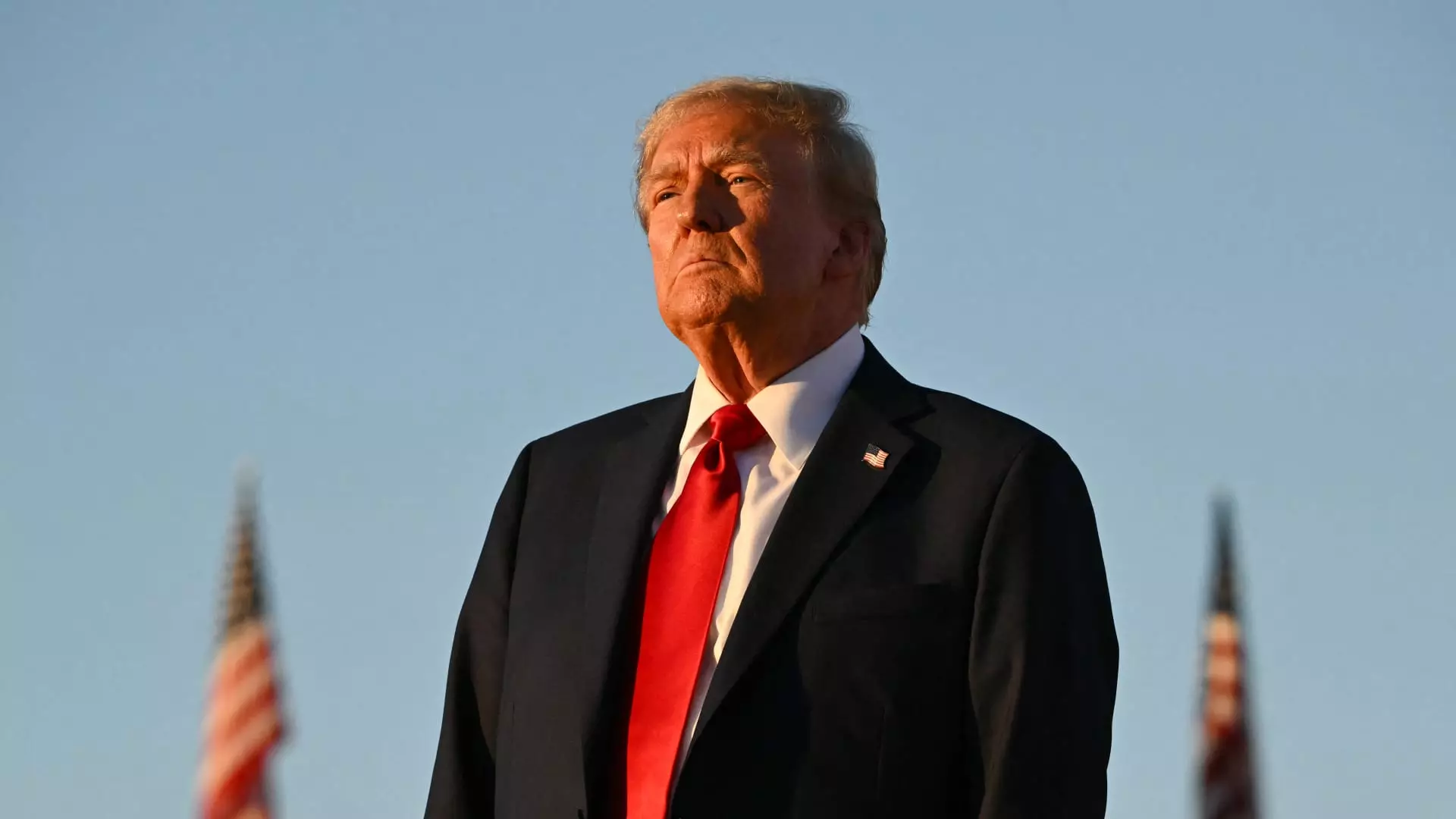In a pointed address, Vice President Kamala Harris raised alarms regarding former President Donald Trump’s alleged admiration for Adolf Hitler. This condemnation was fueled by comments made by John Kelly, Trump’s former chief of staff, who recalled Trump’s unsettling remarks during his presidency. Harris articulated a stark warning, highlighting the implications of such statements not just for democratic values, but for the moral fabric of United States governance. Given the historical atrocities committed under Hitler’s regime, comparing any political figure to him is both provocative and deeply concerning.
Harris implicitly connected Trump’s rhetoric to a broader threat against democracy itself, suggesting that his desire for a military loyal to himself rather than the Constitution undermines American governance. “It is deeply troubling,” she asserted, emphasizing that Trump’s comments represent a dangerous precedent. The implication is clear: such assertions are not mere hyperbole but rather signals of an authoritarian yearning that could dismantle the checks and balances essential in a democracy.
This appeal to the American public serves a dual purpose; it not only serves to alert voters to the potential hazards posed by another Trump presidency but also attempts to galvanize support for the Democratic ticket in a tight electoral race. With the election looming, this statement took on an urgency that paralleled the rhythm of the campaign, resounding louder to those already casting their votes early.
Kelly’s characterization of Trump as a potential dictator underscores an essential dialogue about authority in American politics. Invoking historical context is key—Keen comparisons to autocratic leadership illuminate fears that voters may harbor about Trump’s political vision. Harris’s framing of Trump’s aspirations as “unchecked power” serves as a clarion call: a reminder of the fragility of democratic institutions and a rallying cry for vigilance among voters.
Both Kelly’s and Harris’s remarks feed into a narrative that seeks to present Trump not merely as a controversial figure but as a potential harbinger of governance that mirrors fascism, stripping away the protections that define American society. This sentiment resonates powerfully—especially in a time when many voters express concern over the health of American democracy.
As the election date draws near, Harris’s warning highlights an essential dilemma facing the electorate: Do they prefer a functioning democracy or a regime governed by whims of an individual? “What do the American people want?” she poses, framing the upcoming vote as not just a choice between candidates but as an affirmation of values. This encapsulates the urgency felt by her campaign and the Democratic Party at large.
In essence, Harris’s remarks do more than critique Trump; they evoke a historical consciousness that demands accountability and reflection. The onus is placed squarely on the voters to safeguard democratic principles in the face of political rhetoric that flirts dangerously with authoritarianism. As Americans head to the polls, the implications of their choices extend beyond party lines, impacting the very essence of democratic governance.


Leave a Reply